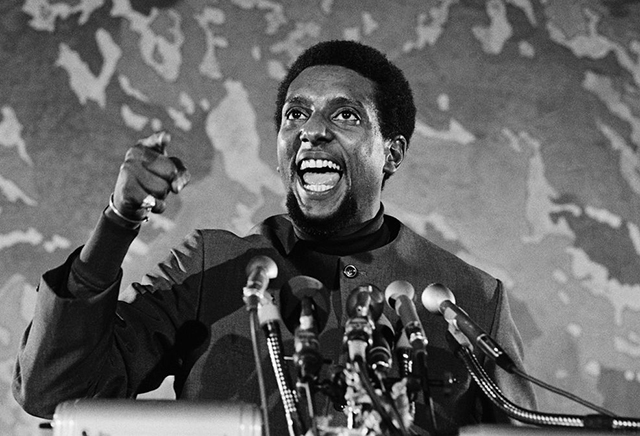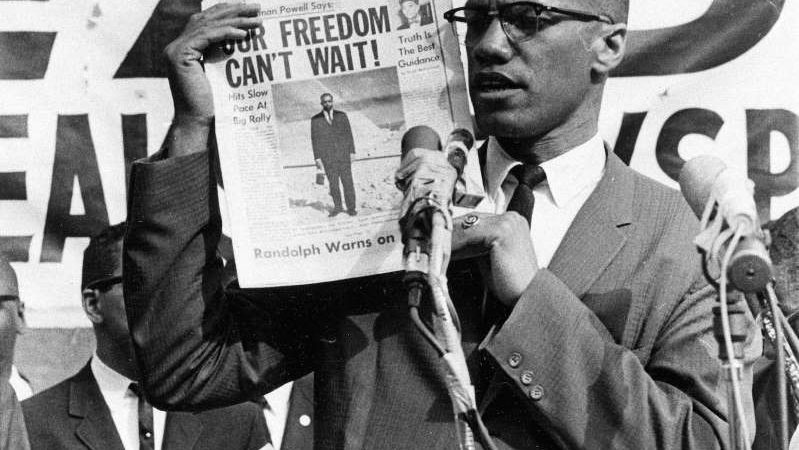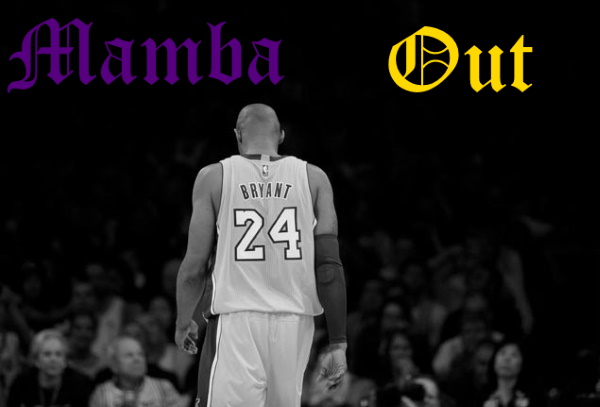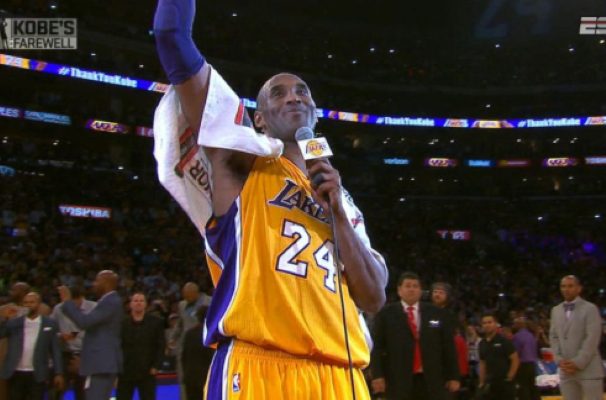The ever-growing empire of Tyler Perry may be dealt a crippling blow this coming winter. It will not come by way of the so-called “proper Negroes” (as Reverend Al Sharpton has dubbed them) who dog his every step, but by a former colleague. Former radio executive Melvin Childs has penned a lurid tell-all entitled Never Would Have Made It: The Rise of Tyler Perry, The Most Powerful Entertainer in Black America. Per the book’s press materials, Childs not only “discovered” Perry, but provided funds for his Atlanta House of Blues production I Know I’ve Been Changed. This began Tyler’s unprecedentedly successful run on the “Chitlin’ Circuit” and his rise to stardom. Childs also details a number of nefarious activities that supposedly financed Perry’s rise to the top, including drug trafficking. That last little detail is heavily emphasized in the book’s trailer, a hilariously melodramatic piece of advertising that’s easily as bad any of Perry’s films. In light of these allegations, one must ask what this might mean for Tyler Perry’s legacy.
The connection between entertainers and the underworld is hardly new. According to legend, many of Hip-Hop’s most storied dynasties were in large part financed by drug money. Bryan “Baby” Williams, Eric “Eazy-E” Wright, and even Russell Simmons are all rumored to have used such means to come up on a grand scale. While none of the rumors supporting said legends have ever been substantiated, such stories have long been a part of Hip-Hop lore. Having a background in the underworld could be seen as a prerequisite in certain Hip-Hop circles, seeing as how rappers are given to use such experiences as fodder for their public personas. The dope game is seen by many as a gateway to more legitimate pursuits. Of course, such attitudes are hardly limited to Hip-Hop and Black entertainers. Mobsters of all stripes have long had a stake in the entertainment complex.
However, this case is quite different. Tyler Perry supporters often tout his works as being a wholesome, life-affirming al ternative to the brand of vulgar Blaxploitation that rappers and other Black entertainers have trafficked in for decades. His films, poorly made as they are, espouse Christian values and stress the importance of family. They also don’t contain graphic violence, explicit sexuality, or excessive profanity. His depictions of the drug game never descend into blind romanticism. For those reasons, his brand of entertainment is seen by many as suitable for family viewing. However, even a cursory glance of his output reveals that not to be the case. His works often play on the insecurities of single Black women, and portray familial dysfunction in the most cartoonish terms. That inconvenient fact notwithstanding, his works have a superficial wholesomeness that his viewers respond to. That puts him in a decidedly different category than the likes of fellow New Orleanian Lil Wayne.
ternative to the brand of vulgar Blaxploitation that rappers and other Black entertainers have trafficked in for decades. His films, poorly made as they are, espouse Christian values and stress the importance of family. They also don’t contain graphic violence, explicit sexuality, or excessive profanity. His depictions of the drug game never descend into blind romanticism. For those reasons, his brand of entertainment is seen by many as suitable for family viewing. However, even a cursory glance of his output reveals that not to be the case. His works often play on the insecurities of single Black women, and portray familial dysfunction in the most cartoonish terms. That inconvenient fact notwithstanding, his works have a superficial wholesomeness that his viewers respond to. That puts him in a decidedly different category than the likes of fellow New Orleanian Lil Wayne.
It must be mentioned at this point that none of Childs’ claims have been substantiated. It also must be noted that his motivations are likely less than noble. He’s clearly hoping to cash in. However, that doesn’t mean that there’s no truth to his claims. Should his allegations prove to be true, it would mean that the very methods by which Tyler went about building his brand betray all that the brand supposedly stands for. If so, he’s hardly the only or the first. After all, as Honoré de Balzac once famously said “Behind every great fortune there is a great crime.” Even the staunchest Tyler Perry fan has to note the irony.
Despite the commotion, The Tyler Perry machine will likely keep chugging along regardless. Even if Childs has anything in the way of empirical evidence, it’s highly unlikely that Perry would ever admit to any wrong doing. Equally unlikely is the possibility that any sizeable portion of his fanbase will actually care one way or the other. As much as I despise the work of Tyler Perry, I am hesitant to cosign any and every bit of character assassination that happens to wash up on shore without substantial proof. Though the man may be inept as an artist, his detractors should think twice about joining forces with any and all who stand up to be counted against him. Over-eagerness to do so would prove Al Sharpton right. As a Black man, I figure I owe Tyler that much.
Follow Malice Intended on Twitter @ http://twitter.com/renaissance1977
Follow Us on Twitter @ http://twitter.com/planetill
Join Us on the Planet Ill Facebook Group for more discussion
Follow us on Networked Blog






Very well said and written!